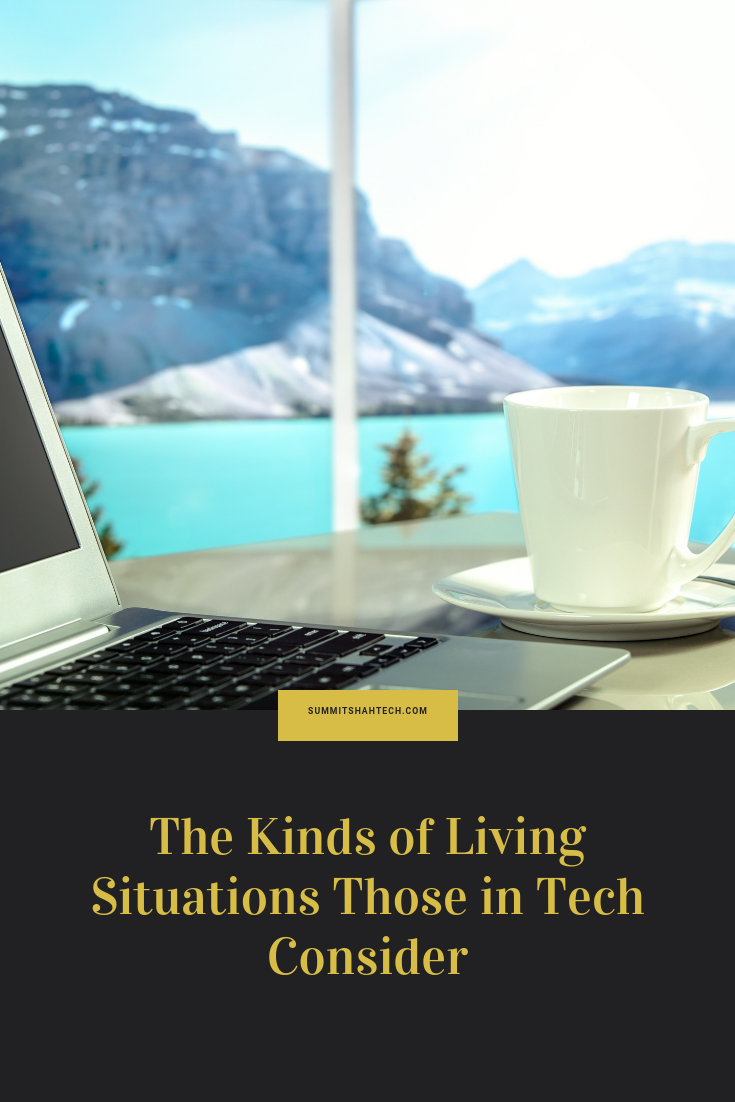A typical smart home will have a range of smart products, including light bulbs, door locks, robot vacuums, and cookware. The companies leading the charge in smart home revolution include Amazon, Google, GE, and Phillips. According to Forbes, the industry is slated to hit over $53 billion by 2022. One of the biggest trends in the market is smart home device integration. To achieve a seamless integration, AI misunderstandings must be settled to ensure the systems remember to perform all programmed chores from turning off the lights to deactivating the alarms and so on.
The other trends that will shape the market, according to industry watchers include higher cross compatibility standards and voice control integration. In the case of the latter, home technologies will embrace device integration to include most of the things we use every day. The voice control technology can be co-opted into home audio, phone, TV and car dashboards. As for higher cross-compatible standards, the smart home market is likely to see increased pairing. For example, the Echo line of products from Amazon could be made to support Apple’s Homekit and so on.
Tech experts and enthusiast world over are enthralled by the developments. This thinking is shaping the way techies live and choose their homes and surroundings. Sean Seshadri is a widely traveled tech professional with a degree in computer science. The Central Washington University graduate is also a programmer and a respected blogger who loves the co-living arrangement. Sean Seshadri’s favorite cities to live are San Francisco, New York, and London. According to the San Francisco Cubed, the kinds of living situations often considered by techies include:

Hotel living
For individuals not keen on making a new start, living in a hotel may sound like a more viable option. There are hotel establishments and startups that offer hotel rooms in different cities in the US. The rent is usually paid on a monthly basis. Renters get to enjoy a number of amenities, including a mini refrigerator and a shower.
Luxury apartments
Several high story luxury apartments exist. For a steep price, renters get contemporary interiors in glassy, sky-high apartments offering breathtaking views. Multi-story deluxe apartments are available in upmarket areas of New York, Los Angeles, San Francisco, and other cities.
Upscale co-living
Entrepreneurs are increasingly investing in upscale co-living spaces to accommodate tech geeks. Some of these homes are designed to promote community events. The communes offer various luxury amenities, including private parking, free laundry, shared workspaces and kitchens. If you are living in a big city like San Francisco, expect to pay anything from $2500 to $3000 a month.
Social network
If you are a techie who prefers modest living, recent college graduate or someone looking for a fresh start in a new city, the social network housing could just do it for you. The above works well as a temporary accommodation offering residents plenty of opportunities to hang out with new people and stay close to the workplace.
Hacker houses
This may sound odd, but hacker homes exist. A number of tech-centered groups are investing in hacker houses to fill a void in the market. With this kind of abode, renters avoid the hassle of doing laundry, buying food and moving houses via Airbnb and other platforms. A number of co-living and co-working spaces across the country have been converted into hacker houses.
Small home startups
Small startups have been established offering young professionals fully-furnished, compact rooms. The rooms come with shared bathrooms and private commode. The shared living situations offer techies a fitting community that promotes good neighborliness and group activities like volunteering opportunities, evening dinners, and weekend outings.
